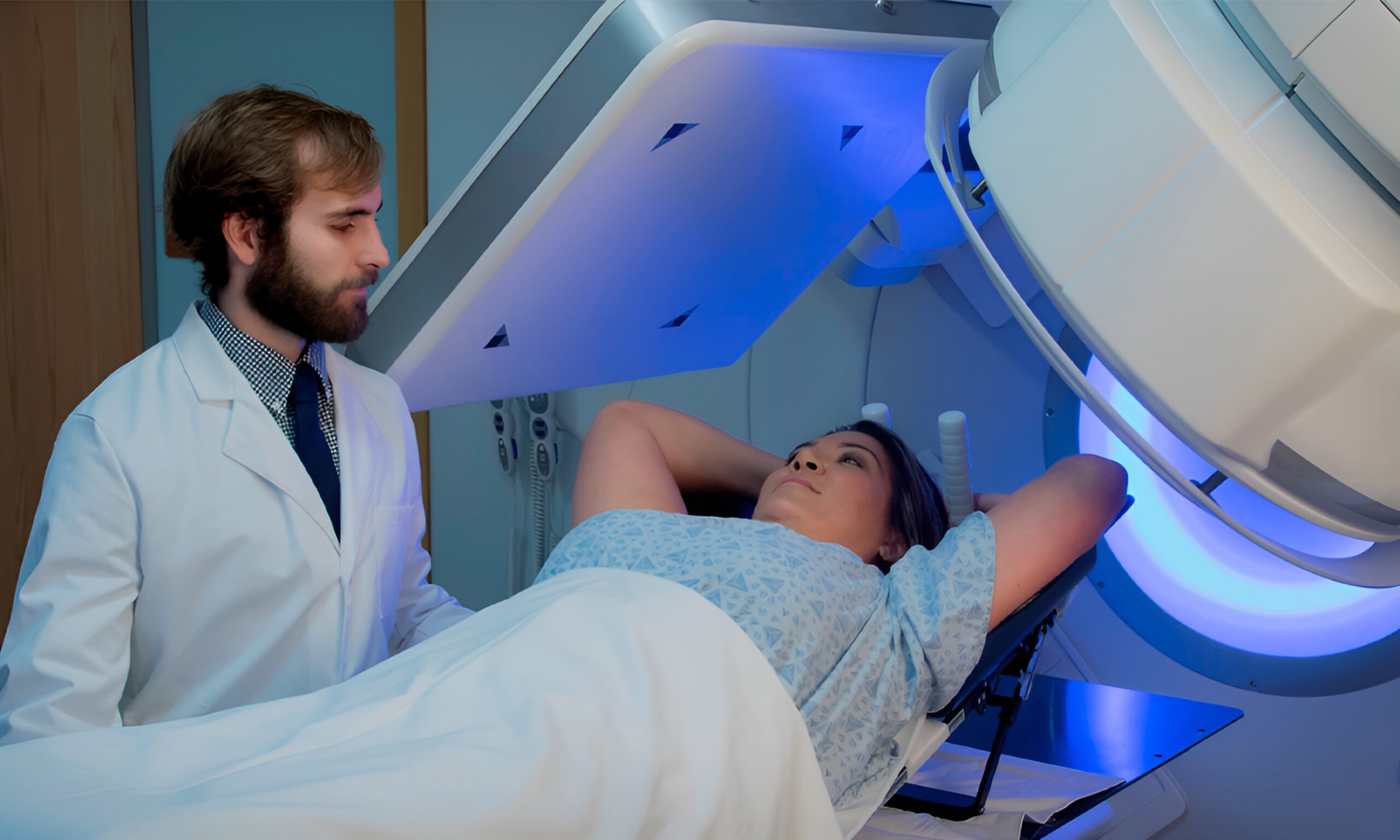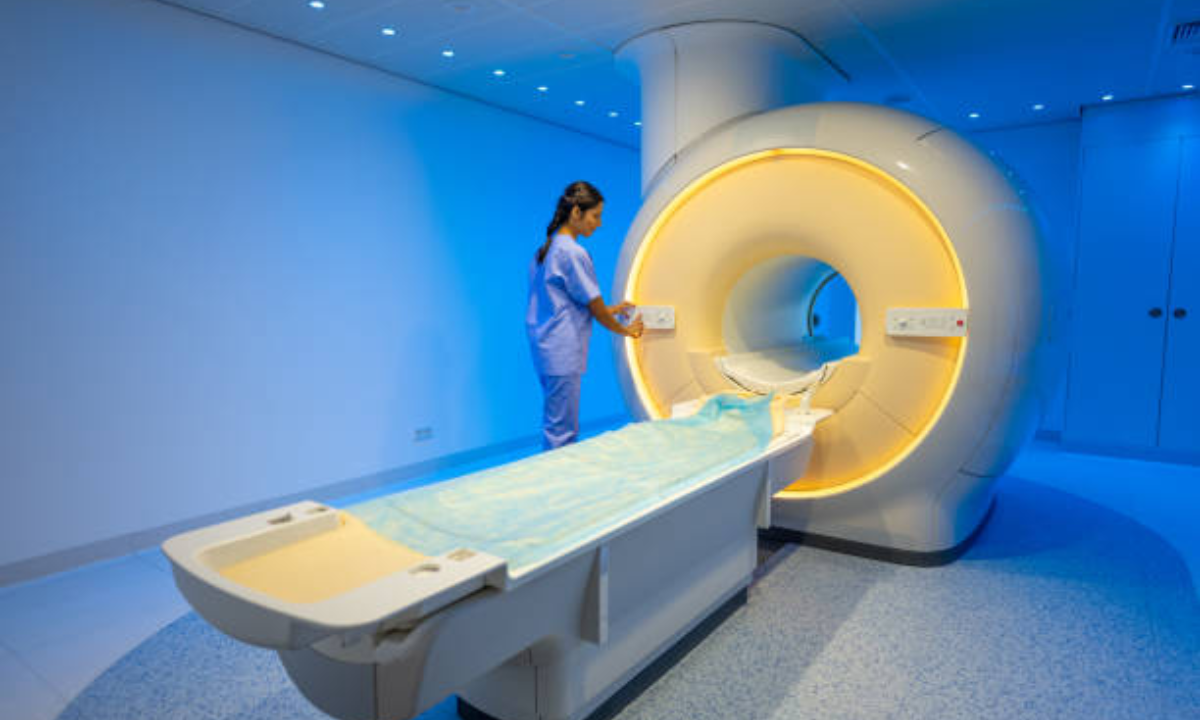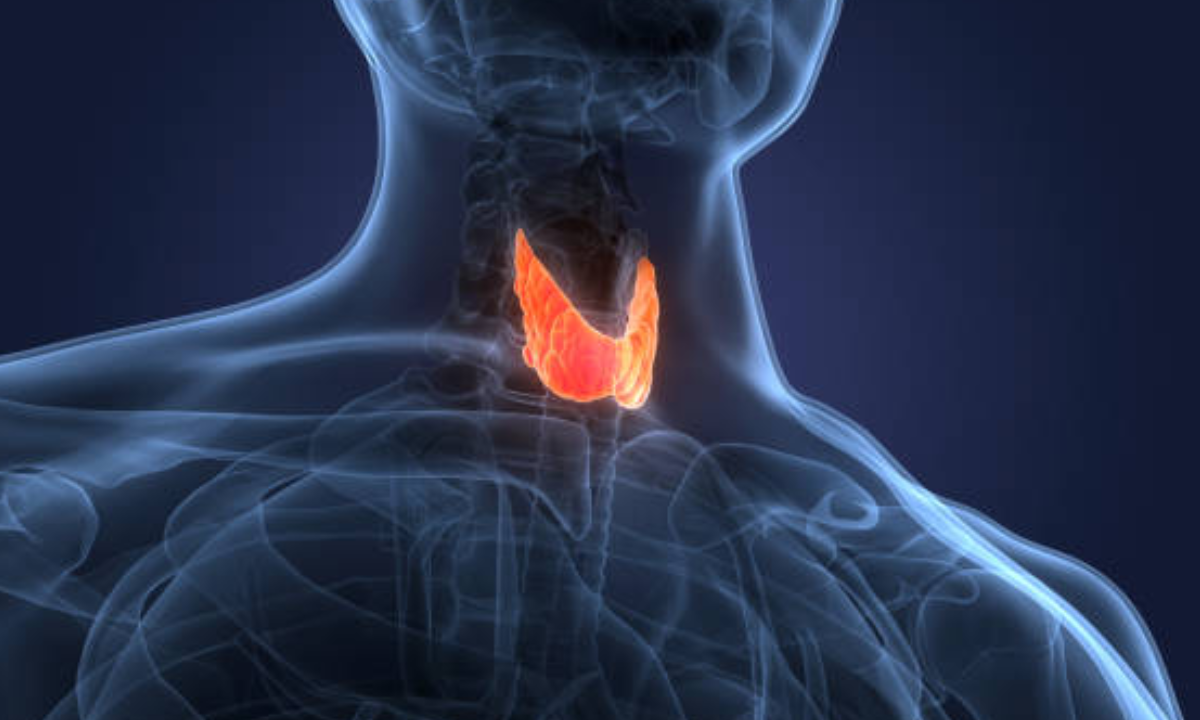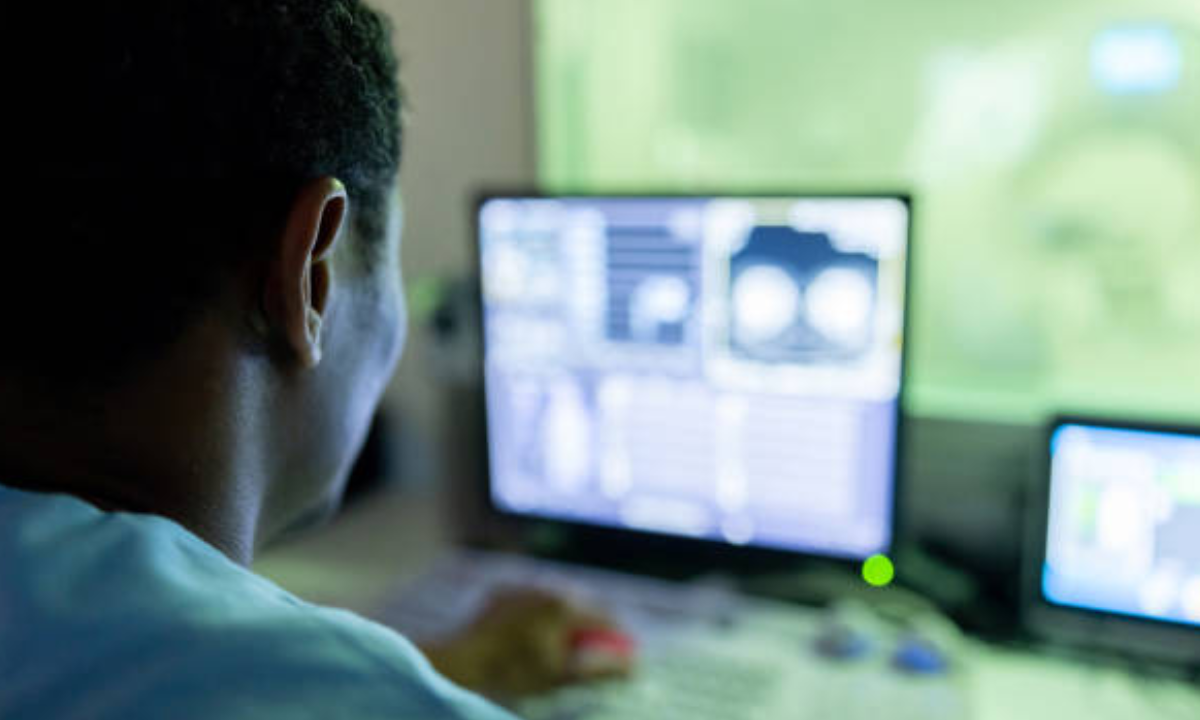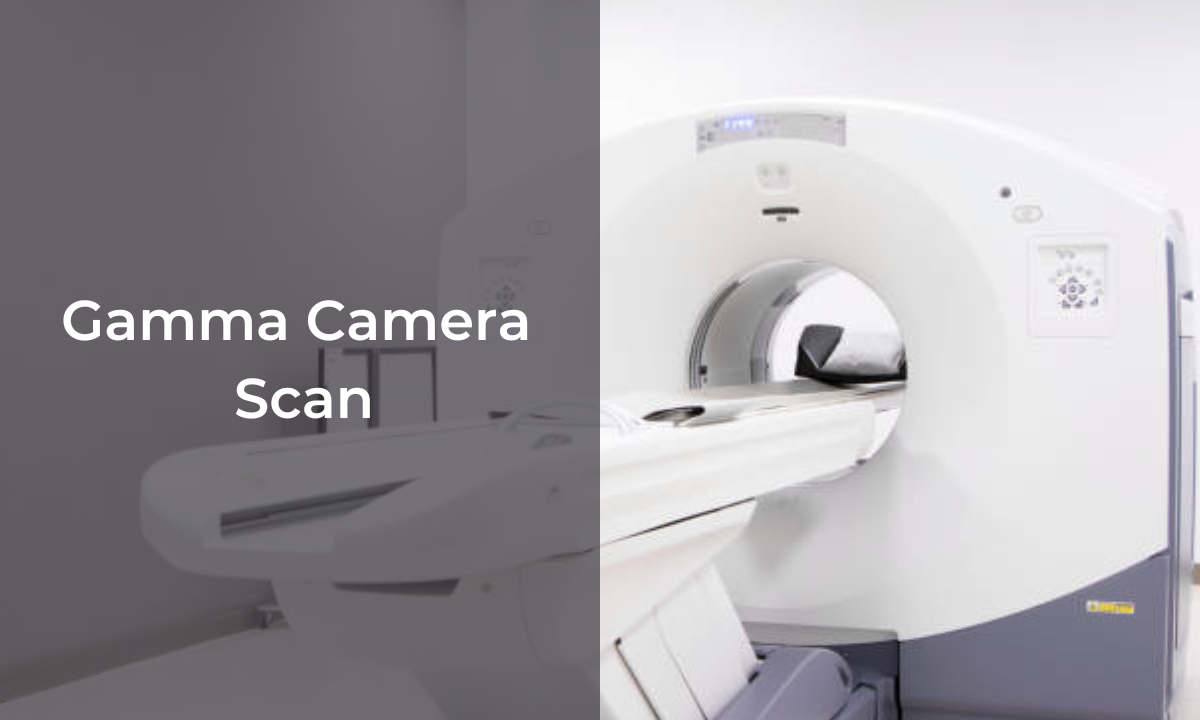The modern healthcare industry has seen many new technological advancements. Be it the Covid vaccine or anti-retroviral drugs, we have developed almost all types of medication. Numerous terminal diseases are not being combatted with the help of our medical tools and early diagnosis. One of these inventions is the Radionuclide Scan.
The Radionuclide Scan is a diagnostic tool that is known to be able to detect a variety of diseases. These illnesses include different types of cancers, cardiovascular issues, endocrine, gastrointestinal, and even neurological diseases. Moreover, it can detect various abnormalities in the body. In this guide, we will talk you through the Radionuclide Scan and how it helps you save your life effectively.
What is a Radionuclide Scan?
A Radionuclide Scan is a non-intrusive diagnostic method. Also known as a nuclear medicine test, it helps detect unique issues that can often not be diagnosed by other forms of scans.
How is it performed? Medical practitioners administer radiotracers or radionuclides to a person’s body. These are radioactive substances which are then detected by special cameras and computers to create images of the inside of the patient’s body.
These radionuclides then gather in particular organs or cellular receptors. It allows doctors to examine the structure and function of the organ being assessed. The best part of a Radionuclide Scan is that it can easily help detect a fatal disorder in the early stages.
Radionuclide Scan: Types and Applications
- A Radionuclide Scan comes in different forms.
- Each variety is customized to cater to different organs or cellular receptors.
- For example, a bone scan helps in detecting bone disorders.
- A Renal scan assesses the kidneys.
- Furthermore, a thyroid Radionuclide Scan focuses on the thyroid gland.
- Additionally, there’s a “Positron Emission Tomography (PET) Scan.
- It helps diagnose cancer and monitor its treatment in oncology.
- These different types of scans help medical practitioners make informed decisions depending on the severity of the conditions.
The Procedure of a Radionuclide Scan

The Radionuclide Scan usually involves the injection of a radiotracer within the vein. However, in some cases, the patient is even asked to inhale it in the form of a gas or swallow. Once injected or entered, the radioactive particle interacts with the desired area or organ and starts emitting gamma rays.
These rays are then detected by a gamma-detecting camera or a PET scanner. These scanners then translate the data into photographs. The process is generally safe and without any discomfort, as the radiation levels are very low and within the limits. However, the patients are advised to inform their doctors in advance of any prior health conditions to ensure maximal safety.
Radionuclide Scan: Benefits and Limitations
- A Radionuclide Scan is generally more effective than any other diagnostic tool.
- It provides accurate and exact results with maximal safety.
- However, it has some potential drawbacks too.
- The patients may experience allergies to the radionuclide.
- Moreover, they may be exposed to a small amount of radiation.
- Furthermore, the resolution of the photos obtained may not be of a very high quality like an MRI or a CT scan.
Preparing for a Radionuclide Scan
- Preparation for a Radionuclide Scan depends on the type of scan and the organ being assessed.
- Usually, the patient is asked to fast for a few hours before the examination.
- Also, they might be asked to avoid certain medications and drink lots of fluids.
- More instructions are given clearly and the patients must strictly abide by these.
- They need to discuss any complications or doubts before the scan with their healthcare provider.
Frequently Asked Questions
If you’re about to get a Radionuclide Scan for the first time, it’s essential to clear certain points.
1. What exactly is a Radionuclide Scan and how does it work?
A Radionuclide Scan is a diagnostic test utilized in nuclear medication. It includes injecting, breathing in, or gulping a limited quantity of radioactive material, known as a radiotracer.
This tracer gathers in selected organs or cells, producing gamma beams that are recognized by a unique camera, taking pictures of inner body structures. It assists specialists with surveying the capability and construction of different organs and recognising any irregularities.
2. Is a Radionuclide Scan safe? What are the risks?
Radionuclide Scans are usually considered safe. Similar to an X-ray, the level of radiation exposure is typically low. Radiotracers rarely pose a threat of allergic reactions. Nonetheless, it’s essential to inform your medical care provider about any current circumstances, sensitivities, or then again if you’re pregnant or breastfeeding. The risks are low, but as with any medical procedure, you should talk to your doctor about your particular situation.
3. How should I prepare for a Radionuclide Scan?
Getting ready for a Radionuclide Scan can vary from one procedure to the next. By and large, you may be asked to fast for a specific period before the test. Additionally, if conceivable, you’ll have to stay away from specific drugs or drink a lot of liquids. Your primary care physician will give itemized directions given the type of scan and your well-being. For accurate results, you must follow these instructions.
4. How long does a Radionuclide Scan take, and is it painful?
The term of a Radionuclide Scan can vary, normally going from 30 minutes to a few hours. This varies based on the scan type and the area under examination. The injection of the radiotracer could cause a slight pinch, but the actual scan is painless. To get clear images during the scan, you may need to stay still for some time.
Conclusion
The Radionuclide Scan is the safest and one of the clearest forms of diagnostic methods currently. It poses little to no effects, is painless, and helps combat many fatal diseases in the early stages. Its future is very promising as researchers are continually developing new radionuclides to detect more diseases effectively.
We hope this Radionuclide Scan helped. If you want to get one for yourself or a loved one, visit the Kiran PET CET Center. We’re the best CT scan centre in Bangalore and make sure you get the most affordable services. Happy living!

